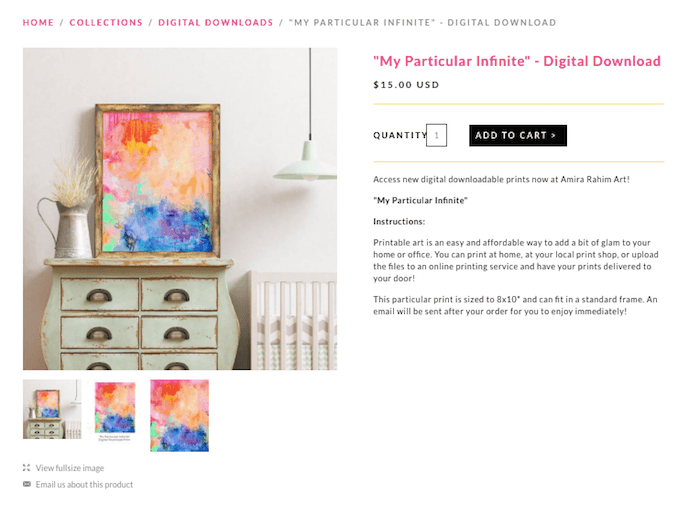
Sell digital downloads (and dump your 9-5 job)
Selling digital downloads can be a great way to dump your 9-5 job and build an entirely new career – one where you're the boss. However, this can feel risky, and you might wonder whether it's even possible for you. So, in this blog post we'll look through a few practical ways that you can make the leap into selling digital downloads as you build a new career.
Selling digital downloads can be a great way to dump your 9-5 job and build an entirely new career – one where you're the boss. However, this can feel risky, and you might wonder whether it's even possible for you. So, in this blog post we'll look through a few practical ways that you can make the leap into selling digital downloads as you build a new career.
Work out your 'why' and make sure that entrepreneurship is for you
Becoming an entrepreneur can be the best career decision you ever made, but it's also not for everyone. Make sure that starting a new business is really what you want to do. One way to do this is to think why you’d like to be a millionaire. Think about what it is that being a millionaire buys you that you don’t have now. Not material possessions but things like “freedom from working for others”, “ability to give back more to my community” “the chance to go do X that I’ve always wanted to do”. Then think if you had that whether you’d be bothered about being a millionaire any more. If not you’ve just hit your Why and you're ready to begin your new entrepreneurial career. For help on finding your why have a look at this article by our very own George Palmer.

Work out what you're an authority on – or will be soon
It's amazing how many of us have developed niche areas of knowledge, either deliberately or inadvertently. Perhaps we needed to learn to do something, or got frustrated that there was no one selling something we really needed. However you came by your knowledge, you can feel pretty pleased with yourself. You're potentially sitting on the seeds of a brand new entrepreneurial career that has digital downloads at its heart.
Case study: Drew Neil, Vimcasts
Drew Neil was working as a software engineer when he became interested in a text editor called VIM that helps developers work very efficiently, but has a notoriously steep learning curve. He began creating screencasts about VIM as he learnt more about the text editor, reasoning that he could help other people because he was so aware of the challenges himself.
Seven years later, he's known as 'the VIM guy', has written one of the most successful books ever published on VIM, created a best selling Core Vim course, and is due to publish his second book in early 2018. From modest beginnings, he's forged a career as an entrepreneur by becoming a VIM authority.
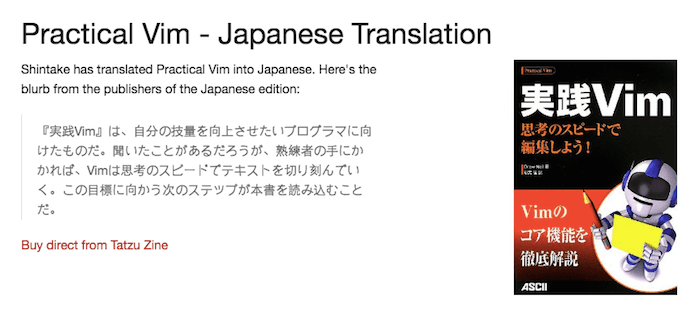
Plan to diversify into selling digital downloads
Although many of us manage to launch successful new careers as a consultant or creator of one kind of another, the problem is that there's only one of us. We get ill, and there are only so many hours in the day. And we don't scale!
So if you plan a new business with a consultancy or creative element, consider from the start how you can create a complementary product or service that will provide you with a passive income as well.
Case study: Amira Rahim, artist
Amira Rahim is a full time artist and abstract painter. Primarily, she delivers physical paintings to customers internationally. But shipping art is challenging because it’s so fragile.
Amira knew from the start that she wanted to deliver digital versions of her paintings, and also e-training courses. Her business is now admirably diversified, giving her a break from the demands of being a full time creator.

You don't need $1 million to get started with digital downloads and your new career
You've may have read lots of articles about start up incubators where you go and spend 6 months of your life, or how you can get $1 million seed capital if only you play your cards right. However, you don't need any of this. You can work part time or after hours on your side project with an initial investment of $100. This can be exhausting, but it can be done – and has been done by many bootstrapping entrepreneurs.
Case study: George Palmer, SendOwl
SendOwl was started with $50 by George Palmer, who worked part time on his 'side project' as he continued to work as a consultant. It was tough going but he was excited by SendOwl, fed up with his corporate career, and knew there was demand for a decent digital delivery company (because he already had customers for a very early version of SendOwl).
After a few years, SendOwl had become successful enough that George could quit working as a consultant. He become the full time CEO of SendOwl and he hasn't looked back since. George has never spent time at a startup incubator or taken external funding to grow his company.
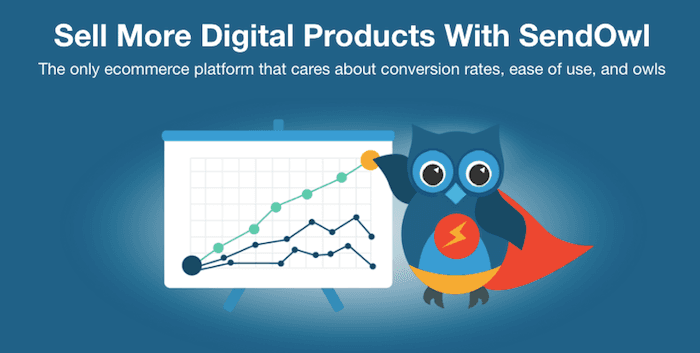
Don't just spend time on product development
Avoid spending months and years in product development without testing your product or service on actual paying customers. Even with a basic beta product or service you'll be able to find out if you are solving an important problem for people. Jump on conversations on social media where people are discussing a problem you solve. Invite them personally to try out your solution. See if they do.
Be a bit wary about giving away your beta product for free, unless you plan to solely make money through advertising. You'll get more valuable feedback from people who've actually given you money for your product. This is a real vote of confidence!
Case study: Mark Morris, Introversion Software
Introversion Software was founded back in 1997 when Mark Morris met three like-minded guys at university. They sold their first game even before leaving university, which made enough for them to produce a second game, that did okay. Then they made a third game called DEFCON, which did very well, and then a fourth game called Multiwinia.
They released their sixth game, Prison Architect, in a very early Alpha stage and were amazed by its success. Even with an 'unfinished' game they were making a large amount of money. So don't wait for your product or service to be 'perfect' before you start selling it. You'll miss out on vital cash flow, customer feedback and confirmation that you're on to a winner!
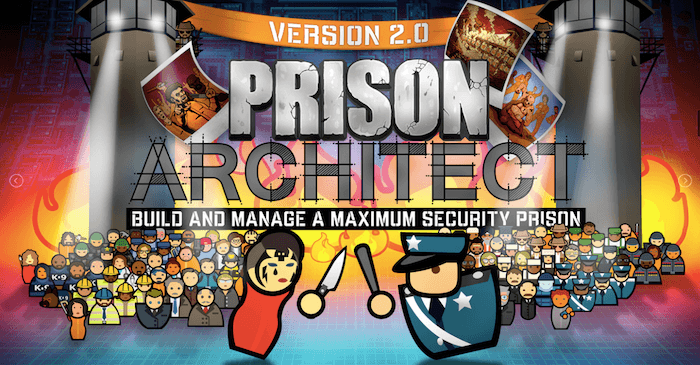
Carefully curate your brand from the start
You don't need much content to get started (even one landing page is fine) but make sure it's good! Ask yourself what information your customers need from you, not what information you want to broadcast at them. Make sure you show why your product is the best way to solve a certain problem, and clearly differentiate yourself from competitors. If you're going to stand a chance of converting customers and impressing influencers you need to have a good pitch from the start.
You don't need to sink lots of money into a large and beautifully designed bespoke website at the start, particularly when so many DIY website builders offer good looking templates you can use. But do make sure your copy, images and videos are useful, usable and enjoyable, otherwise you'll struggle with conversion. Good design by itself isn't enough. You need great content as well.
Case study: Alison Battisby, Avocado Social
Alison Battisby worked as a social media executive before going freelance. She then starting her own company Avocado Social in 2016, which specialises in 'demystifying social media' for existing brands and growing businesses. The company offers in house training as well as an online social media course.
From the start, Alison made sure that her Avocado Social brand stood out as friendly and professional brand that would rescue companies from all the jargon and conflicting advice that makes social media such a minefield. Without spending a fortune, she's managed to differentiate her company from the competition by thinking hard about what challenges her customers face and how she can help solve them.
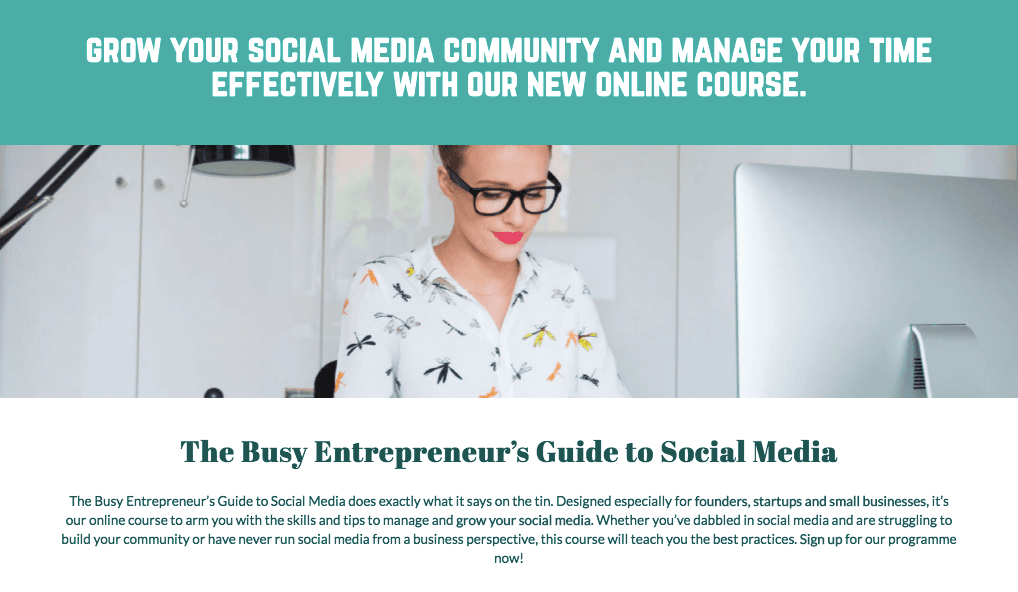
Choose how to sell your digital downloads
Digital downloads services make it easy for you to sell digital products, subscriptions and memberships direct from your website, blog, a sales description page in some cases (like SendOwl), or anywhere you can paste a link. They don't provide you with a website or blog, although they may work with people who do. For example, SendOwl has worked with Shopify for years and is a Plus partner.
Although there are superficial similarities between different digital delivery companies, you'll find they are surprisingly different once you start doing your research. This can translate into thousands of pounds in terms of lost sales if you choose one that's a bad match for your business or that offers a poorly converting checkout. So carefully consider what you need from a digital delivery company and see which company works best for you.
SendOwl is the only digital delivery company to offer a fully customisable checkout.

Matt Wells is the Head of Operations at SendOwl, a digital product delivery and access solutions for creators, solopreneurs and SMBs. An accomplished entrepreneur and technologist, he has founded multiple companies, including Virtual Value and Shujinko. Throughout Matt's career, he has built and led high-performing teams that consistently deliver world-class software solutions. With deep expertise in cloud engineering, infrastructure, and security, Matt has held impactful roles at Starbucks, CARDFREE.
community

